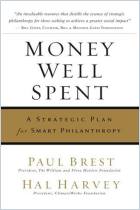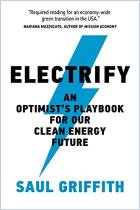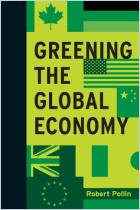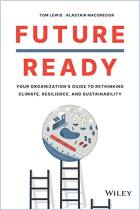
Book
Designing Climate Solutions
A Policy Guide for Low-Carbon Energy
Recommendation
Energy policy consultant Hal Harvey – writing with Robbie Orvis and Jeffrey Rissman – presents a comprehensive, detailed manual for effective policy aimed at “decarbonizing the economy.” Their research, advice and spirit will appeal to those calling for climate action now. The authors detail how everything necessary to make the transition to a low-carbon economy already exists. The technologies are robust, and the costs are low. The only thing missing, they say, is the political will.
Summary
About the Authors
Energy policy consultants Hal Harvey, Robbie Orvis and Jeffrey Rissman are executives at Energy Innovation: Policy and Technology LLC.
By the same authors
Book
Learners who read this summary also read
Book
Book



















Comment on this summary or Iniciar a Discussão